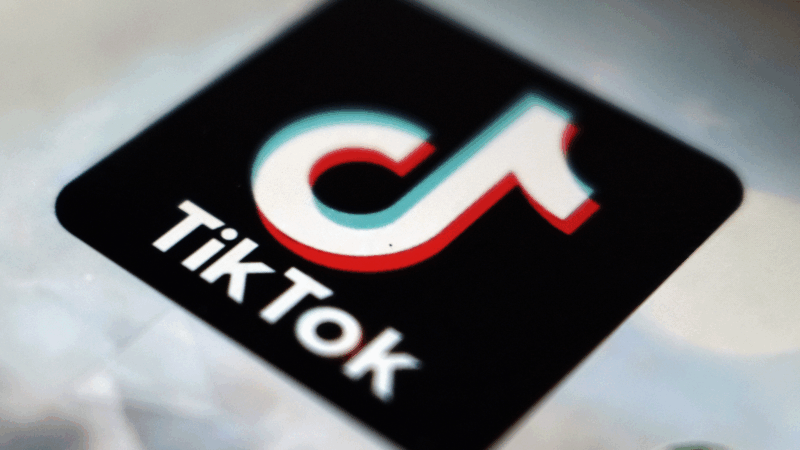Officials announce a ‘framework’ for keeping TikTok online in the U.S.
U.S. officials say they have reached a “framework” for a deal with China over the fate of the hugely popular short-video platform TikTok, an apparent breakthrough in the multi-year standoff over the ban against the Chinese-owned app.
Treasury Secretary Scott Bessent announced the news after two days of talks with Chinese officials in Madrid. He added that President Trump and Chinese leader Xi Jinping would “speak on Friday to complete the deal.”
Trump posted on social media: “A deal was also reached on a ‘certain’ company that young people in our Country very much wanted to save. They will be very happy! I will be speaking to President Xi on Friday. The relationship remains a very strong one!!!”
China’s state news agency Xinhua called the talks in Spain “candid and in-depth,” but it was less clear about whether or not the end of the TikTok saga is in sight. It said the two sides had reached “a basic consensus on a framework to properly resolve TikTok-related issues through cooperation, reduce investment barriers, and promote relevant economic and trade cooperation.”
Last year, Congress passed the Protecting Americans from Foreign Adversary Controlled Applications Act, which bans TikTok in the U.S. unless it is sold to a non-Chinese owner. The company is owned by Beijing-based ByteDance. Former president Biden signed the bill into law and although TikTok sued, arguing that a ban violates users’ free speech rights, the law was upheld in early January by the Supreme Court.
It was slated to take effect only a few days later, but Trump signed an executive order that paused the ban on Inauguration Day. He subsequently issued two more executive orders extending the reprieve, which is expected to expire on Wednesday.
Since then, the Trump administration has been trying to broker a deal for an American company, or companies, to buy TikTok from ByteDance in order to keep the app from going dark in the United States. But the issue has become wrapped up in sweeping trade talks between Washington and Beijing that include strategically thorny topics like tariffs, fentanyl, microchips and rare earths.
According to TikTok’s data, in early 2024, the app was used by more than half of Americans. That popularity has led to concern among lawmakers and security experts that it could be used to influence or spy on U.S. citizens.
During his first term, Trump sought to ban TikTok. But he now believes it helped him get reelected in 2024, and Trump has said he likes it. In August, the White House launched a TikTok account.
Deadline looms as Anthropic rejects Pentagon demands it remove AI safeguards
The Defense Department has been feuding with Anthropic over military uses of its artificial intelligence tools. At stake are hundreds of millions of dollars in contracts and access to some of the most advanced AI on the planet.
Pakistan’s defense minister says that there is now ‘open war’ with Afghanistan after latest strikes
Pakistan's defense minister said that his country ran out of "patience" and considers that there is now an "open war" with Afghanistan, after both countries launched strikes following an Afghan cross-border attack.
Hillary Clinton calls House Oversight questioning ‘repetitive’ in 6 hour deposition
In more than seven hours behind closed doors, former Secretary of State Hillary Clinton answered questions from the House Oversight Committee as it investigates Jeffrey Epstein.
Chicagoans pay respects to Jesse Jackson as cross-country memorial services begin
Memorial services for the Rev. Jesse Jackson Sr. to honor his long civil rights legacy begin in Chicago. Events will also take place in Washington, D.C., and South Carolina, where he was born and began his activism.
In reversal, Warner Bros. jilts Netflix for Paramount
Warner Bros. says Paramount's sweetened bid to buy the whole company is "superior" to an $83 billion deal it struck with Netflix for just its streaming services, studios, and intellectual property.
Trump’s ballroom project can continue for now, court says
A US District Judge denied a preservation group's effort to put a pause on construction







